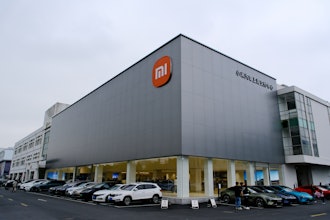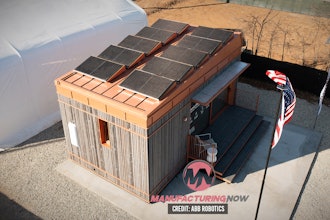By the time prepared vegetarian and organic food had a place at the table in terms of food industry market share, brands like Amy’s Kitchen already had an established legacy.
The California-based company was first established in 1987 and since then has expanded to reach more than 30 countries, producing a million meals per day using organic and non-GMO ingredients.
But the road, at times, has been rocky for the company, which is still run by its original founders, Rachel and Andy Berliner. The working conditions at Amy’s factories have been subject to criticism in recent years, including by former workers who have claimed that the plant’s line speeds are too fast to allow for bathroom breaks and that injured workers are routinely fired.
While Amy’s has denied these claims, the Berliners do contend that demand is high and the company is making more meals than ever before.
But how much growth is too much? We may have learned the breaking point, as it was announced this week that Amy’s will be closing its San Jose frozen foods plant and sending 300 workers packing.
The plant was opened a mere 11 months ago and was developed to focus on Amy’s fast-growing frozen pizza line. Instead, says the Bay Area News Group, its been costing Amy’s a million dollars a month.
Fred Scarpulla, COO of Amy’s, told the Bay Area News Group that recent inflation caused massive spikes in material costs and supply chain issues meant critical equipment delays. Further, Scarpulla said there was a significant issue with staff turnover and worker shortages.
But others speculated the Amy’s may have overexpanded to meet pandemic demand that was temporary, as homebound customers began pursuing expanded food options like restaurant meals. Another theory is that the ongoing claims over tough working conditions were having a tangible impact, as a 2022 boycott over the allegations resulted in some grocers dropping the company’s products.






















